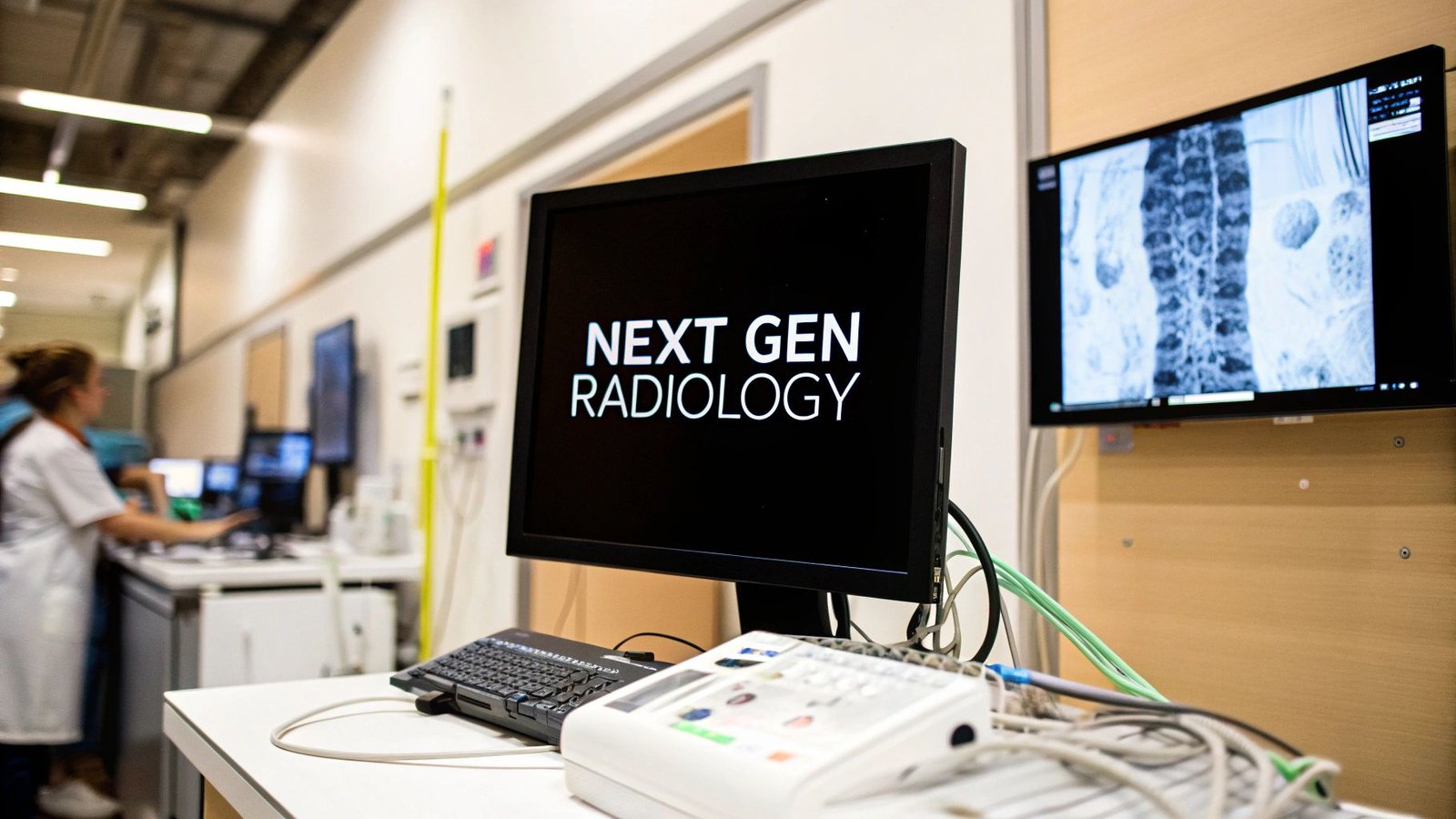Introduction
I’m thrilled to announce a dream come true: the launch of my very own Python library, specifically designed for medical imaging. This project embodies my passion for sharing tools and knowledge with the global community and aiding others in their medical imaging endeavors.
Development Journey
The journey began with consolidating various codes and drafts from my projects, meticulously structuring and documenting them. I firmly believe in the mantra, “A code without documentation is not a code.” This principle guided the development process, ensuring that the library is user-friendly and accessible to all, regardless of their familiarity with my work.
Naming and Availability
The library is named ‘pycad’, echoing the name of our business. Due to naming availability, it’s released under the name ‘pycad-medic’ for installation. Despite its nascent stage, it already packs functionalities that promise to be invaluable for your projects.
Key Functionalities
- Conversions: It supports multiple format conversions (e.g., NIFTI-DICOM, DICOM-NIFTI, and more). Detailed information is available in the documentation.
- Visualizations: Utilizing ‘vedo’ as the backend, the library facilitates 3D visualization of NIFTI or STL files.
- Preprocessing: It includes essential preprocessing tools, like windowing application for CT, MRI, and CBCT scans, enhancing image clarity and reducing noise.
- Dataset Organization: The library assists in dataset conversion and management, aiding in tasks like image to text file conversion for YOLO, train/valid splits, and dataset.json file creation for MONAI training.
Explore these features in depth at our repository: GitHub — pycad. We’ve already welcomed over 800 visitors, a number that pleasantly surprised us at this early stage!
Enhanced User Support
To complement the library, a chatbot equipped with documentation and code insights has been introduced. Although in its beta version, it’s a step towards making user support more interactive and efficient.
Installation and Testing
To install, simply execute:
pip install pycad-medic
More details about the latest release are available on PyPI – pycad-medic. For a quick start, try the visualization module:
from pycad.visualization import STLVisualizer path_to_stl = 'path/to/file.stl' visualizer = STLVisualizer(path_to_stl, ['#ffc800']) visualizer.visualize()
Documentation: Comprehensive documentation is accessible on our GitHub repository






